Are you passionate about improving elder care in your community? If so, you're not alone! Many individuals and organizations are advocating for better resources and support for our aging population. In this article, we'll explore effective strategies and templates to help you craft a compelling letter that can make a differenceâso let's dive in and empower your advocacy efforts!
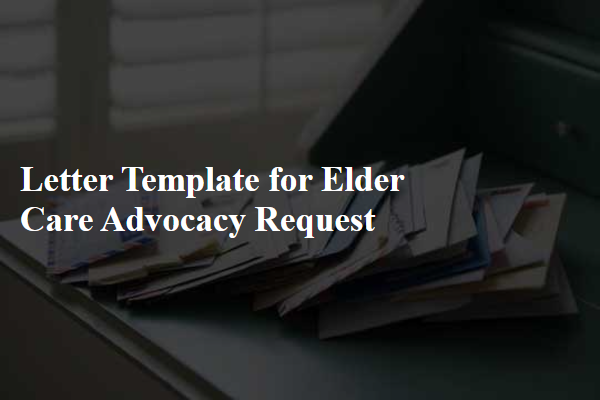
Clear introduction and purpose statement
Elder care advocacy encompasses essential support for seniors, addressing their healthcare needs, social well-being, and overall quality of life. Organizations and individuals involved in advocacy strive to enhance services and resources, ensuring aged individuals receive appropriate attention, medical care, and emotional support. The goal of such advocacy is to create awareness about the unique challenges faced by the elderly, promote policies for better care, and connect families with valuable resources and information. In light of the increasing aging population, particularly in regions like the United States, where over 54 million citizens are aged 65 and older, the urgency for strong elder care advocacy has never been more critical.
Compassionate tone and respectful language
Elder care advocacy requires a gentle yet assertive approach to ensure the needs of older adults are met. Advocates should emphasize the importance of personalized care plans, highlighting the necessity for compassionate services that cater to individual preferences. Awareness of local resources, including senior centers and home health agencies, is vital for effective support. Engaging with community organizations, like the Area Agency on Aging, provides avenues for education and connection. Addressing systemic issues, such as funding for elder care programs, can enhance the quality of life for seniors. Respectful dialogue with policymakers fosters understanding and drives legislative change to prioritize elder care initiatives.
Specific issues and concerns detailed
Elder care advocacy is crucial in addressing the specific needs of senior citizens. Many aging individuals face challenges such as inadequate access to healthcare services, especially in underserved areas like rural communities. Reports indicate that over 25% of seniors delay medical treatment due to transportation issues or limited provider availability, leading to worsening health conditions. Another pressing concern is the prevalence of elder abuse, with approximately 1 in 10 seniors experiencing some form of mistreatment. This alarming statistic underscores the need for better protective services and reporting systems. Furthermore, financial insecurity affects nearly 20% of older adults, many of whom struggle with rising living costs, insufficient Social Security benefits, and the burden of out-of-pocket medical expenses. Addressing these issues through advocacy can significantly improve the quality of life for elderly individuals and ensure they receive the dignity and care they deserve.
Supporting evidence and statistics
Elder care advocacy plays a crucial role in enhancing the quality of life for senior citizens in our communities, particularly in facilities like assisted living centers and nursing homes. Statistics indicate that approximately 15% of the global population is aged 60 and older, a figure projected to reach more than 2 billion by 2050, according to the United Nations. Increased funding for elder care services can mitigate issues such as isolation and mental health deterioration, which affect nearly 25% of seniors. Furthermore, reports from organizations such as the National Institute on Aging reveal that inadequate staffing in these facilities contributes to lower care quality and higher rates of preventable health issues. Addressing these disparities is essential for promoting dignity and safety in elder care settings, ensuring that aging individuals receive the support and resources they require to thrive.
Call to action and contact information
Advocating for elder care reforms is crucial for enhancing the quality of life for senior citizens. In 2023, statistics show that over 54 million Americans, aged 65 and older, face challenges in receiving adequate care, often resulting in health complications and reduced independence. Organizations like the National Council on Aging and local agencies play pivotal roles in promoting resources and effective policies. Contact your local representatives and advocate for legislative changes that improve caregiver support, funding for senior services, and access to healthcare. Reach out to the National Aging Network at 1-800-677-1116 or visit n4a.org for further resources and information on taking action in your community.

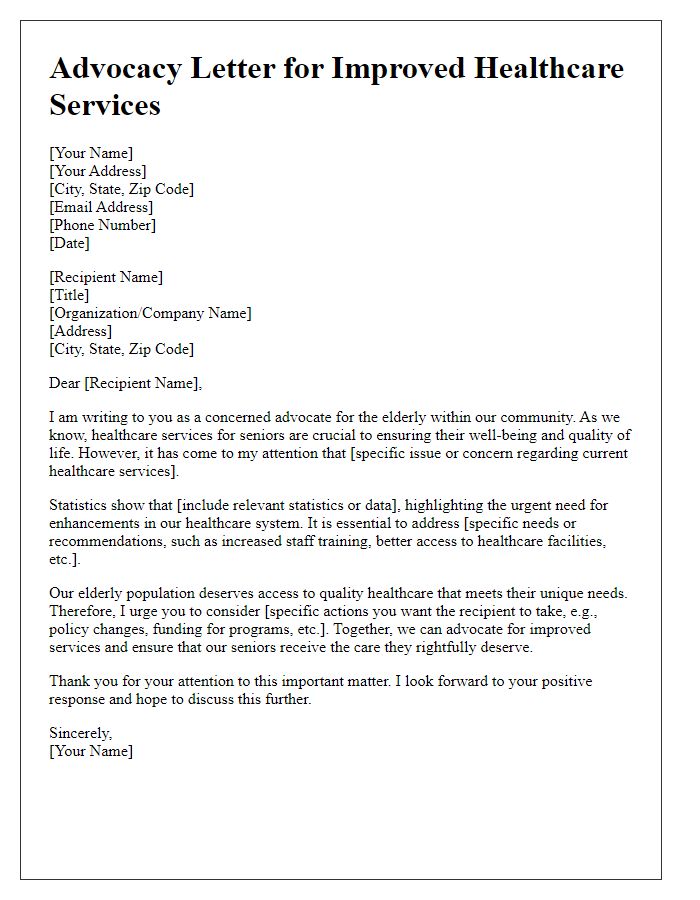
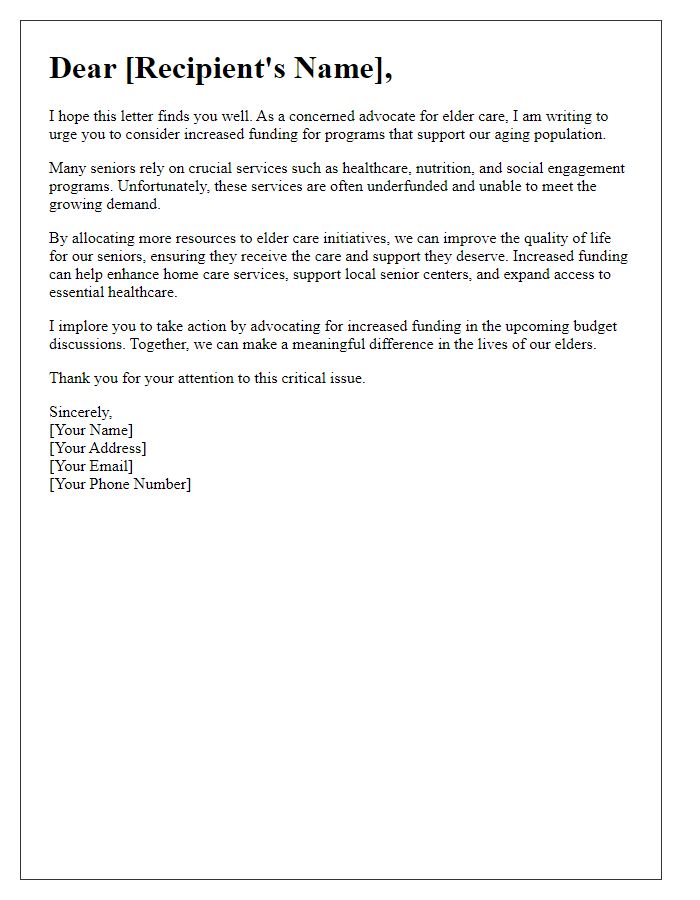
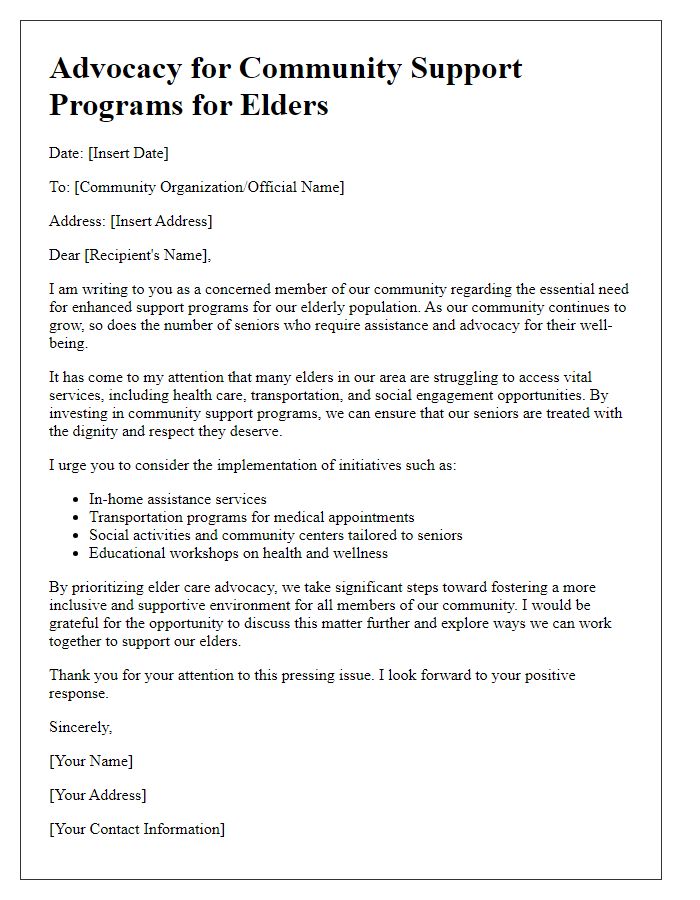
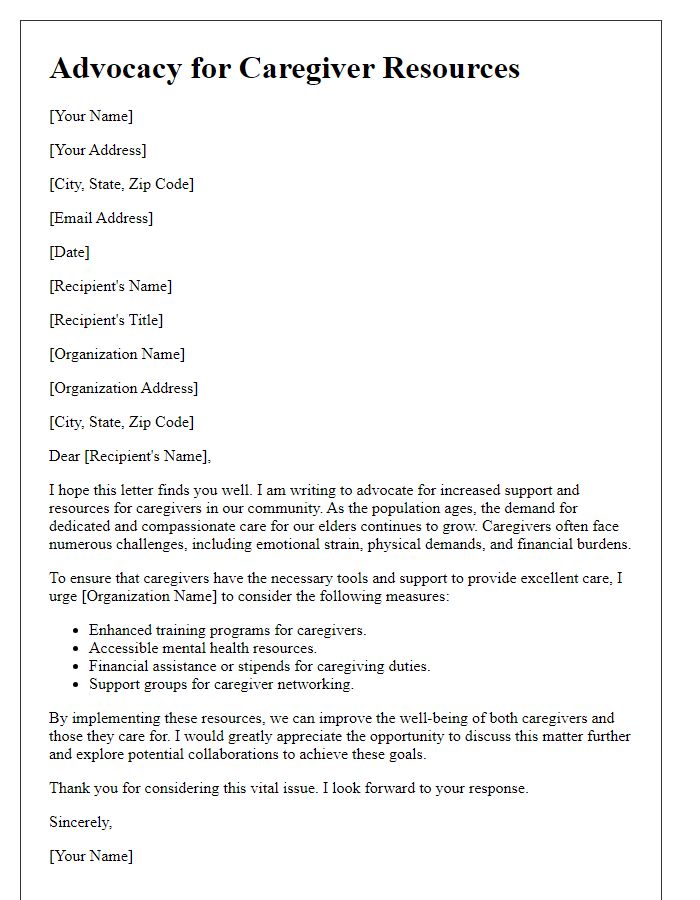
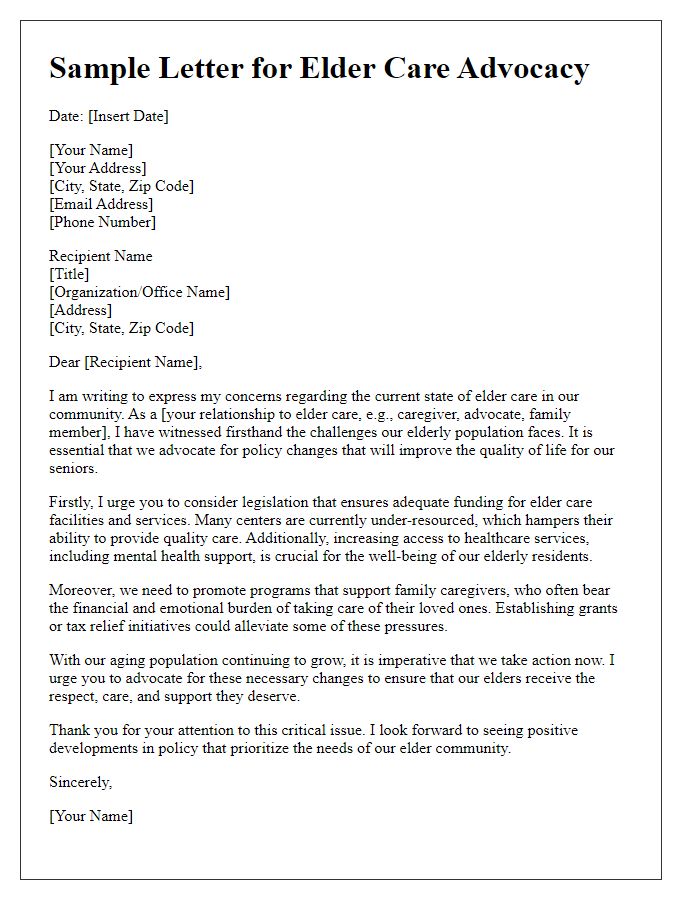
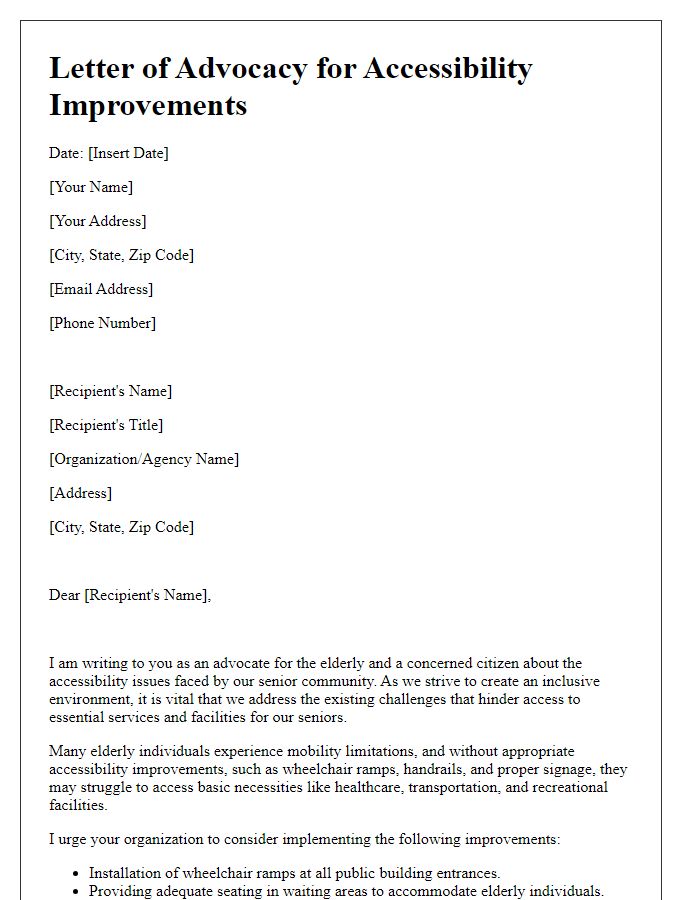
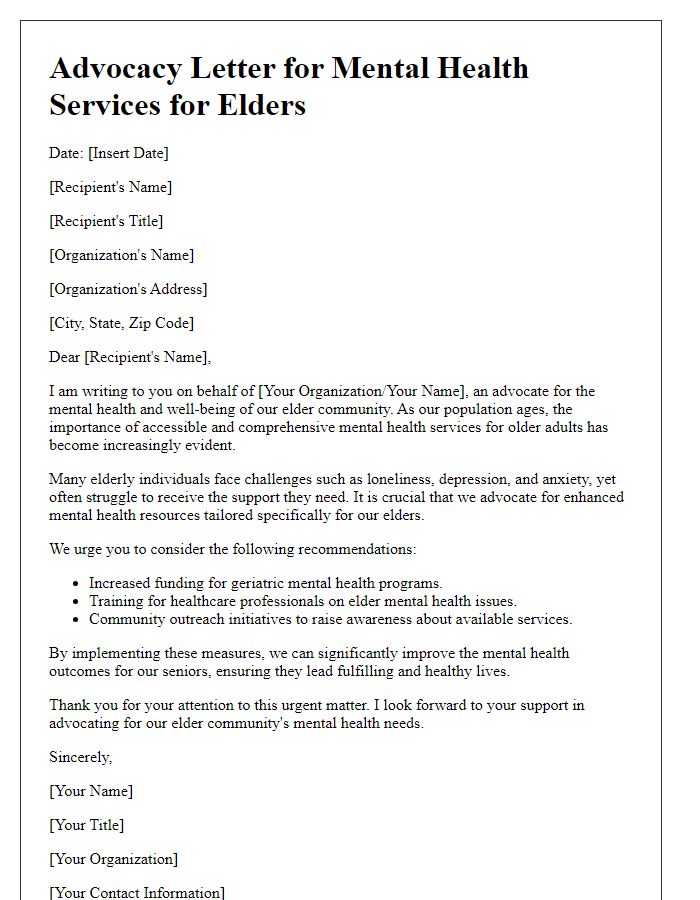
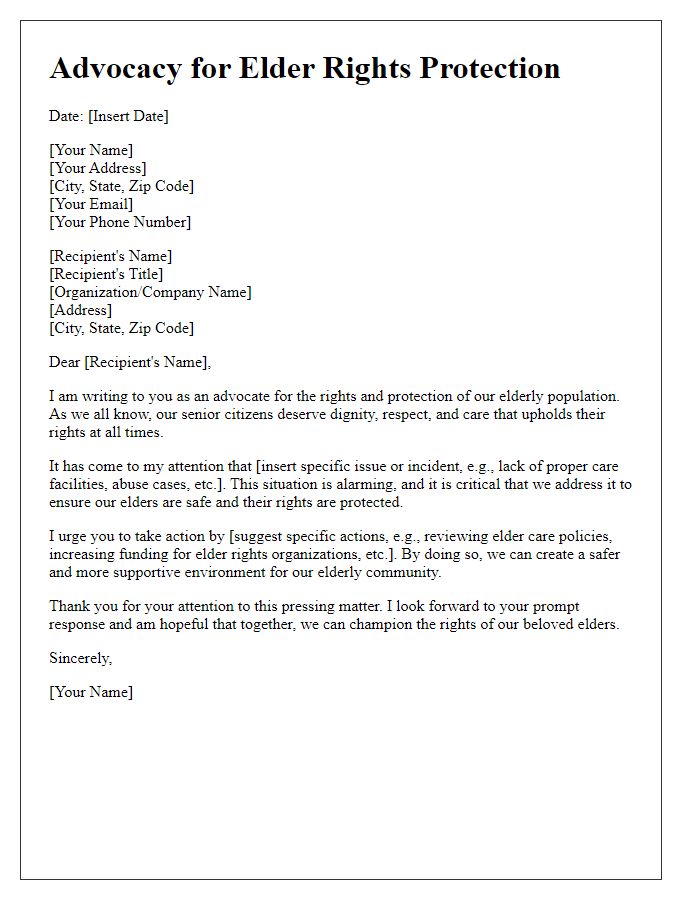
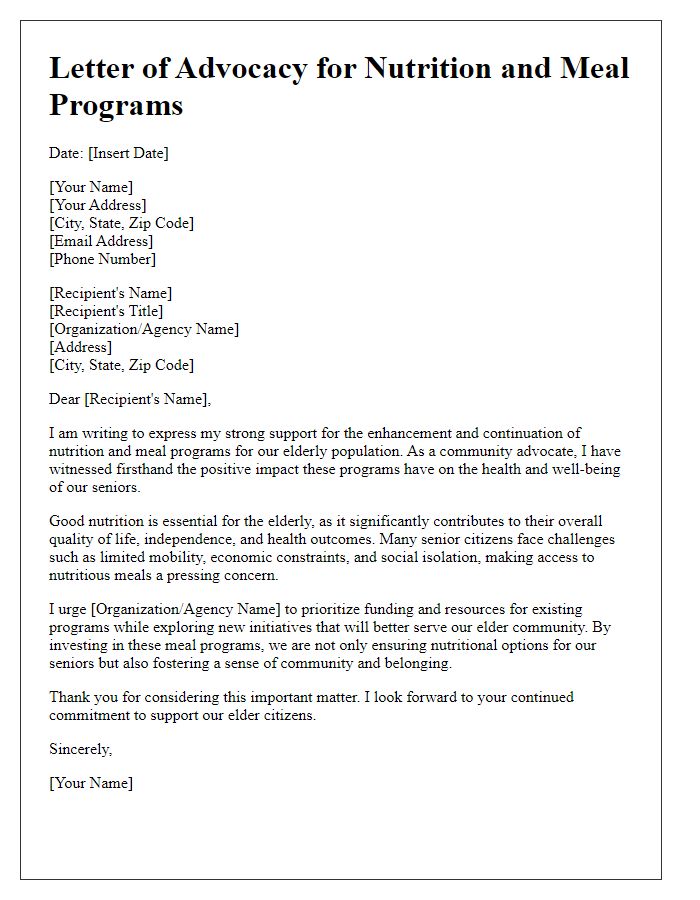
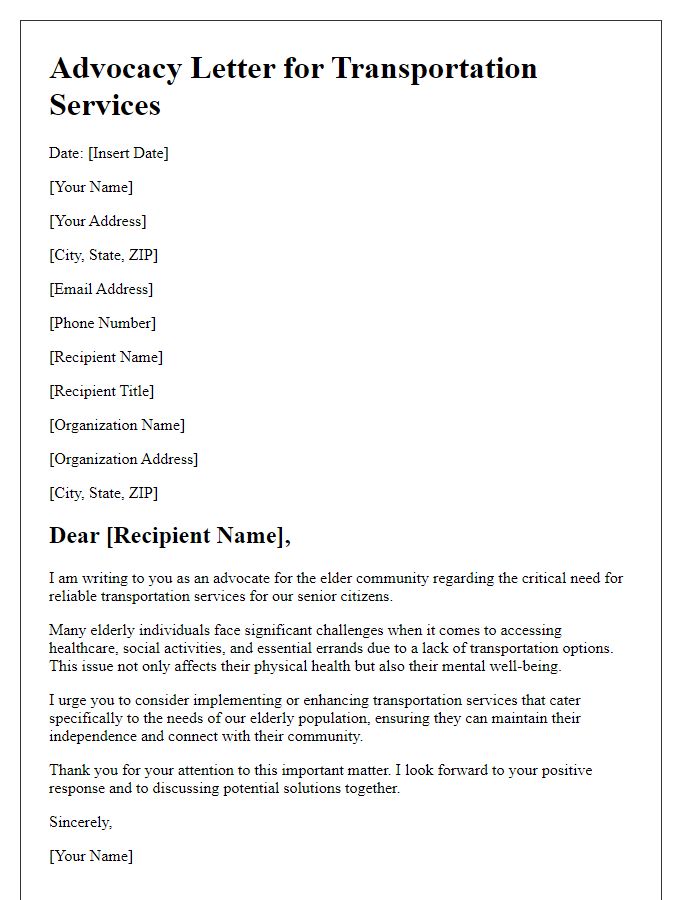


Comments